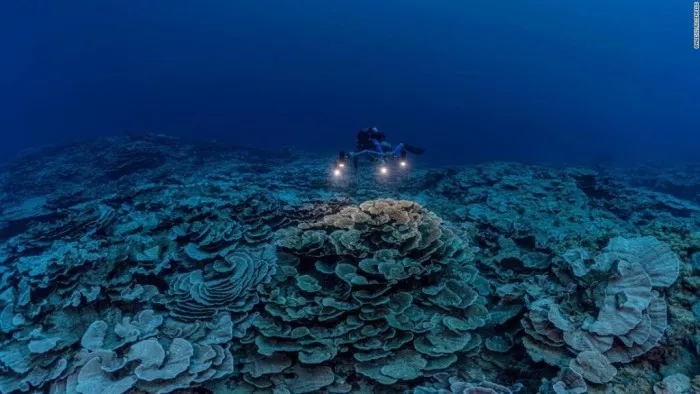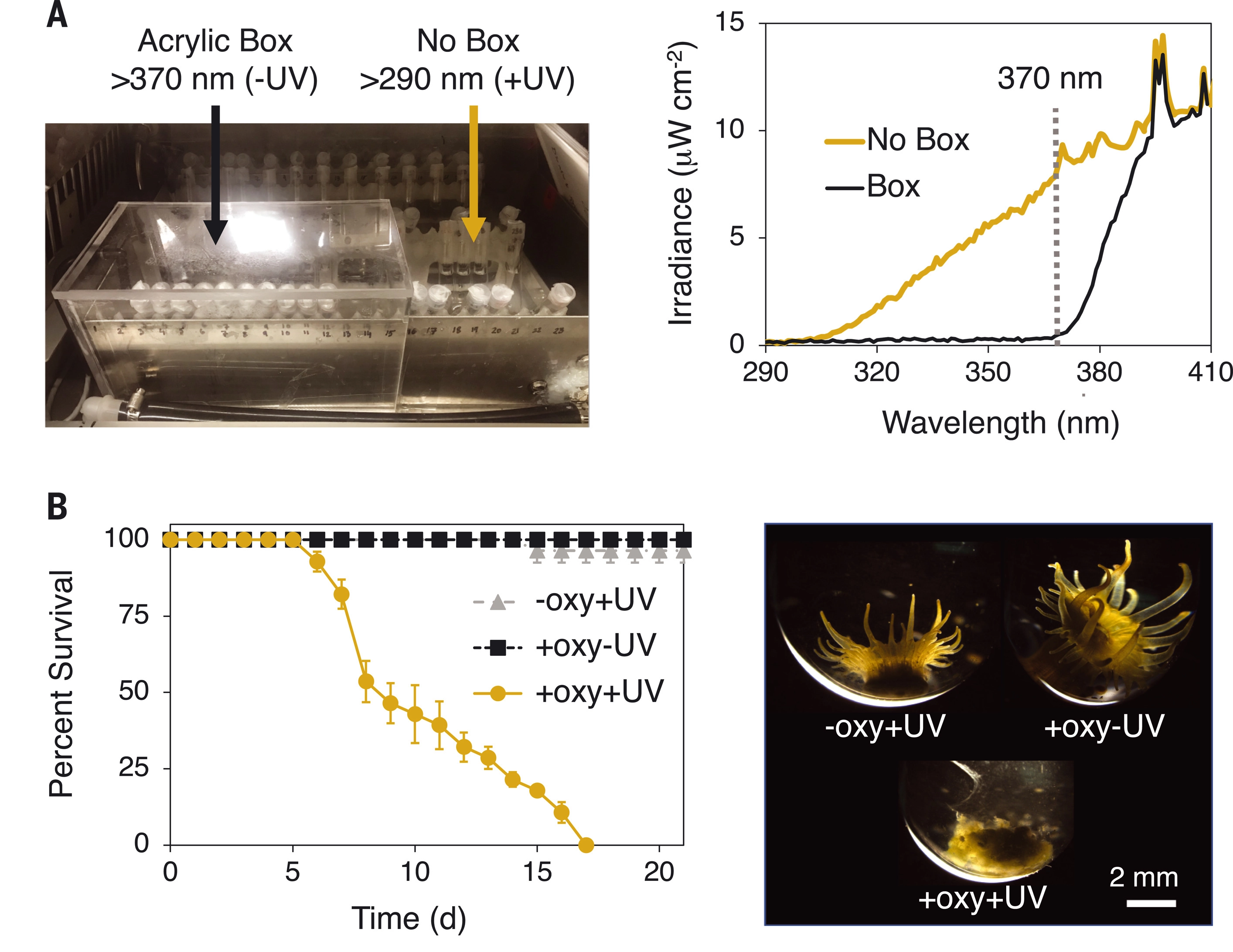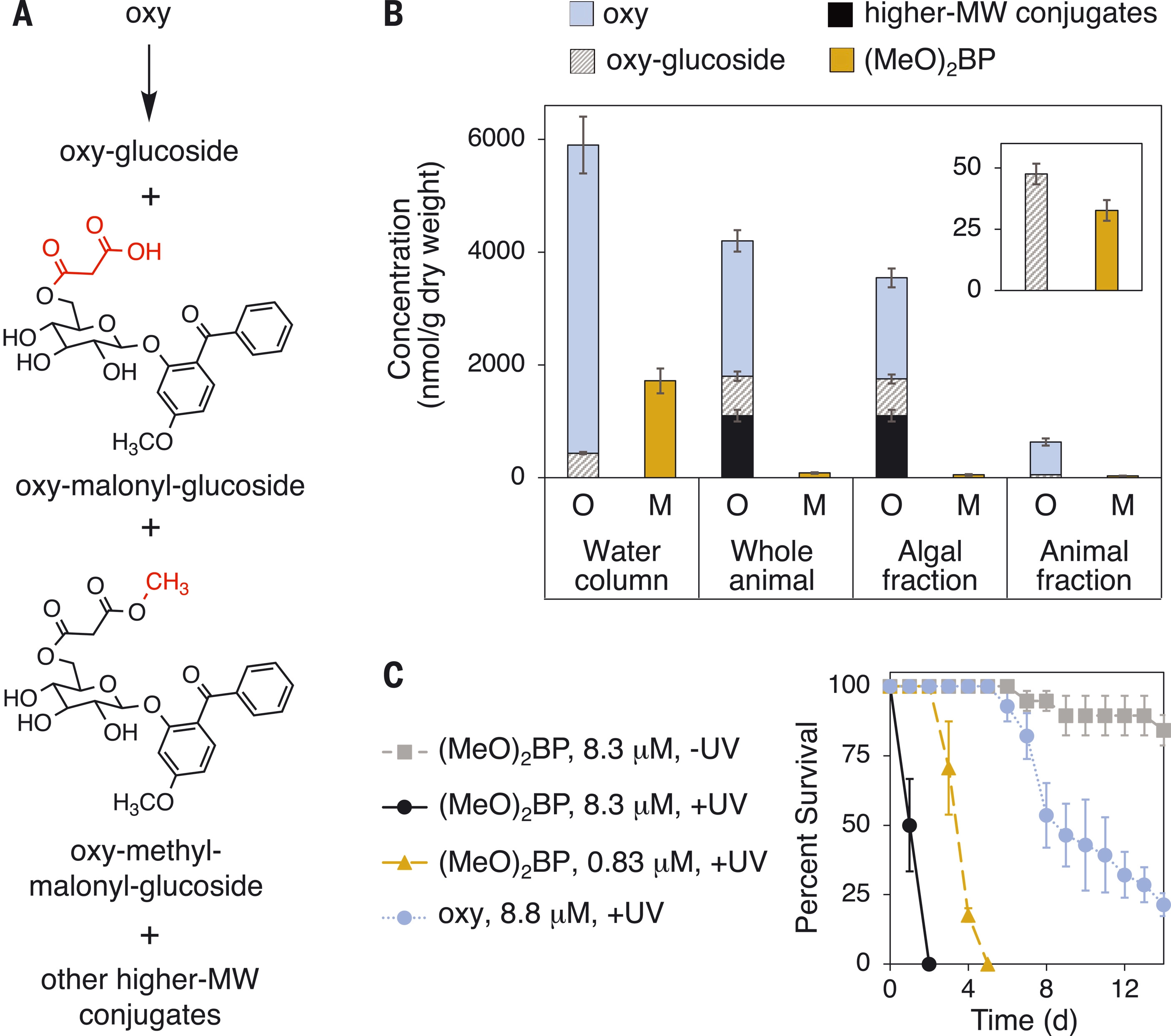According to BGR, most people wear sunscreen when they go to the beach. But now, scientists are asking an important question: will sunscreen pose a danger to coral reefs? Scientists are asking this question because some places have banned beach tourists from using sunscreen. The ban came after locals found that some chemicals in sunscreen in water were high They believe that these chemicals are related to the decline in the health of nearby coral reefs

According to some new research, it seems that sunscreen is not the real culprit. Although the health of coral reefs is indeed declining, it is difficult to prove why sunscreen is dangerous to coral reefs. This is because scientists are not sure what causes the chemicals in sunscreen to have a negative impact on coral reefs.
Some of these studies have shown that a specific component of sunscreen - a chemical called Oxybenzone - is at the heart of the problem. However, they are not fully sure how oxybenzophenone is dangerous to coral reefs. Therefore, it is difficult to say which sunscreens are currently affecting the health of coral reefs in the affected areas.
A team of researchers looking for the root cause of the problem may have found it. Researchers from Stanford University believe that sunscreen is dangerous to coral reefs because of a change in coral chemicals. They say corals convert Oxybenzone from a chemical that innocuously absorbs ultraviolet light to a chemical that can damage biomolecules after exposure to ultraviolet light.

To test this hypothesis, the researchers used anemones, an evolutionary relative of coral reefs. They found that the addition of Oxybenzone to sea anemones during the diurnal light cycle, including ultraviolet light, caused all sea anemones to die for more than two weeks. Therefore, it seems that sunscreen may be more harmful to coral reefs than previously thought. They were published in [Science] in early May( https://www.science.org/doi/10.1126/science.abn2600 ) 》Their results were published in the magazine.
To be sure, these results are incredible. After all, the whole reason Oxybenzone is included in sunscreen is that it can dissipate the energy of ultraviolet radiation harmlessly. However, this does not seem to be the case here.
When in-depth investigation, the researchers found out why sunscreen is dangerous to coral reefs. They found that when absorbed, oxybenzophenone eventually had glucose attached to it. When ultraviolet light hits oxybenzophenone linked to glucose, it chemically changes some biomolecules. However, it does so under catalysis. This means that no glucose Oxybenzone is consumed. Therefore, the linked chemicals do not need too much and can cause considerable damage.

They found that these changes were even more deadly when dealing with albino coral reefs. Coral bleaching has become a huge problem, especially in recent years. Moreover, when corals undergo bleaching, they are hardly protected from the chemical changes experienced by Oxybenzone. Therefore, it makes sunscreen extremely dangerous to coral reefs.
Fortunately, now that we know what's causing this problem, scientists can find a way to solve it and hopefully design sunscreens that are unlikely to cause the death of valuable coral reefs.